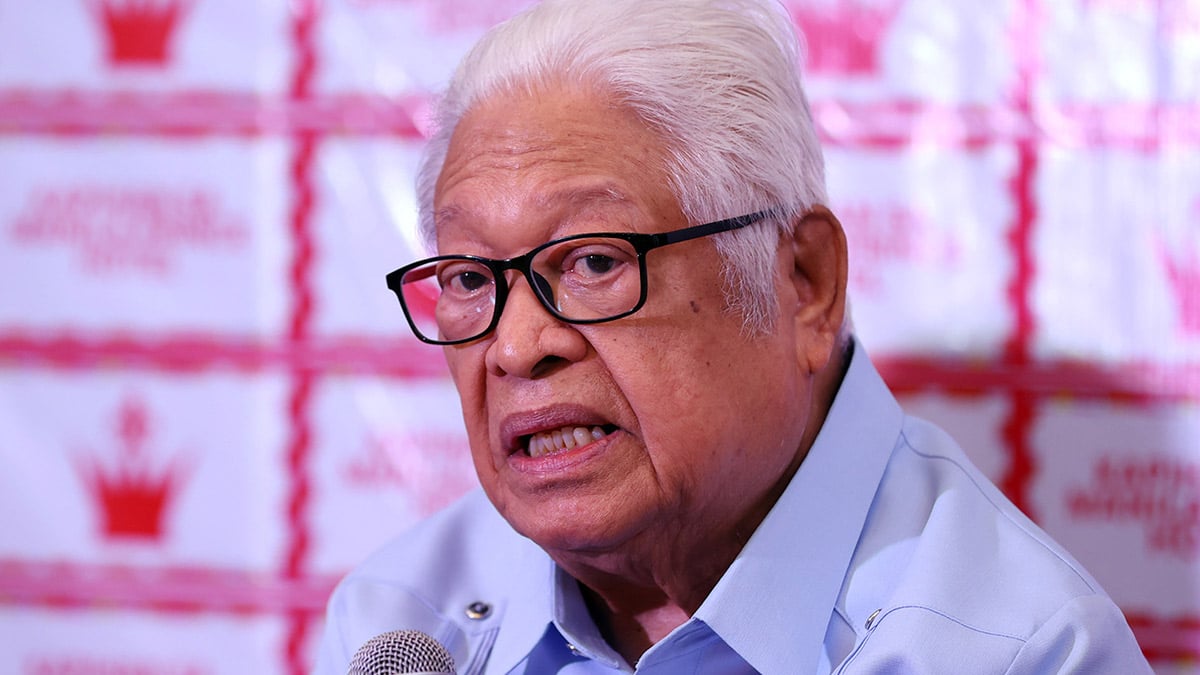
Rep. Edcel Lagman —NIÑO JESUS ORBETA/INQUIRER FILE PHOTO
An opposition lawmaker decried President Marcos’ order moving the celebration of Ninoy Aquino Day from Aug. 21 to Aug. 23, saying it “violated the law” since such a change affecting a public holiday should have been made through a proclamation six months earlier.
“The dates of national memorials must not be changed to dilute its significance and accommodate revisionism,” said Albay Rep. Edcel Lagman.
“It is in the same manner that we cannot not change the dates of Christmas Day on December 25, New Year’s Day on January 1, the culmination of the four-day Edsa revolution on February 25, Labor Day on May 1 and the Feast of the Immaculate Conception on December 8.”
READ: Marcos moves Ninoy Aquino Day to August 23 for longer weekend
President Ferdinand Marcos Jr. on Thursday issued Executive Order No. 665 to delay by two days the nonworking holiday marking the 1983 assassination of former Sen. Benigno “Ninoy” Aquino Jr., an arch-critic of his father and namesake’s dictatorial rule.
The order was intended to create a rare four-day weekend—with Aug. 26, a Monday, being National Heroes Day—and boost domestic tourism.
Mr. Marcos, however, stressed that the “historical significance of Ninoy Aquino Day is maintained” even with the change.
Obvious violation
But Lagman contended that, going beyond the symbolism of Aug. 21, there are requirements set under Republic Act No. 9492, a law enacted in 2007, before public holidays can be rendered moveable.
“The change of date in Ninoy Aquino’s death celebration this year is obviously in violation of the law as it should have been proclaimed by the President six months ago,” Lagman said.
Aquino’s death, he stressed, “must be celebrated on the day of his assassination which falls on August 21, [as] no holiday economics or domestic tourism boost can hold a candle to Ninoy’s heroism.”
It was not the first time the Marcos administration drew criticism for making changes in the observance of holidays connected to the Aquinos or their role in the country’s history.
This year, the commemoration of the 1986 Edsa People Power Revolution—the four-day upheaval that ended Ferdinand Marcos Sr.’s rule and installed Aquino’s widow, Cory, in power—was removed from the list of official holidays purportedly because it already fell on a Sunday.